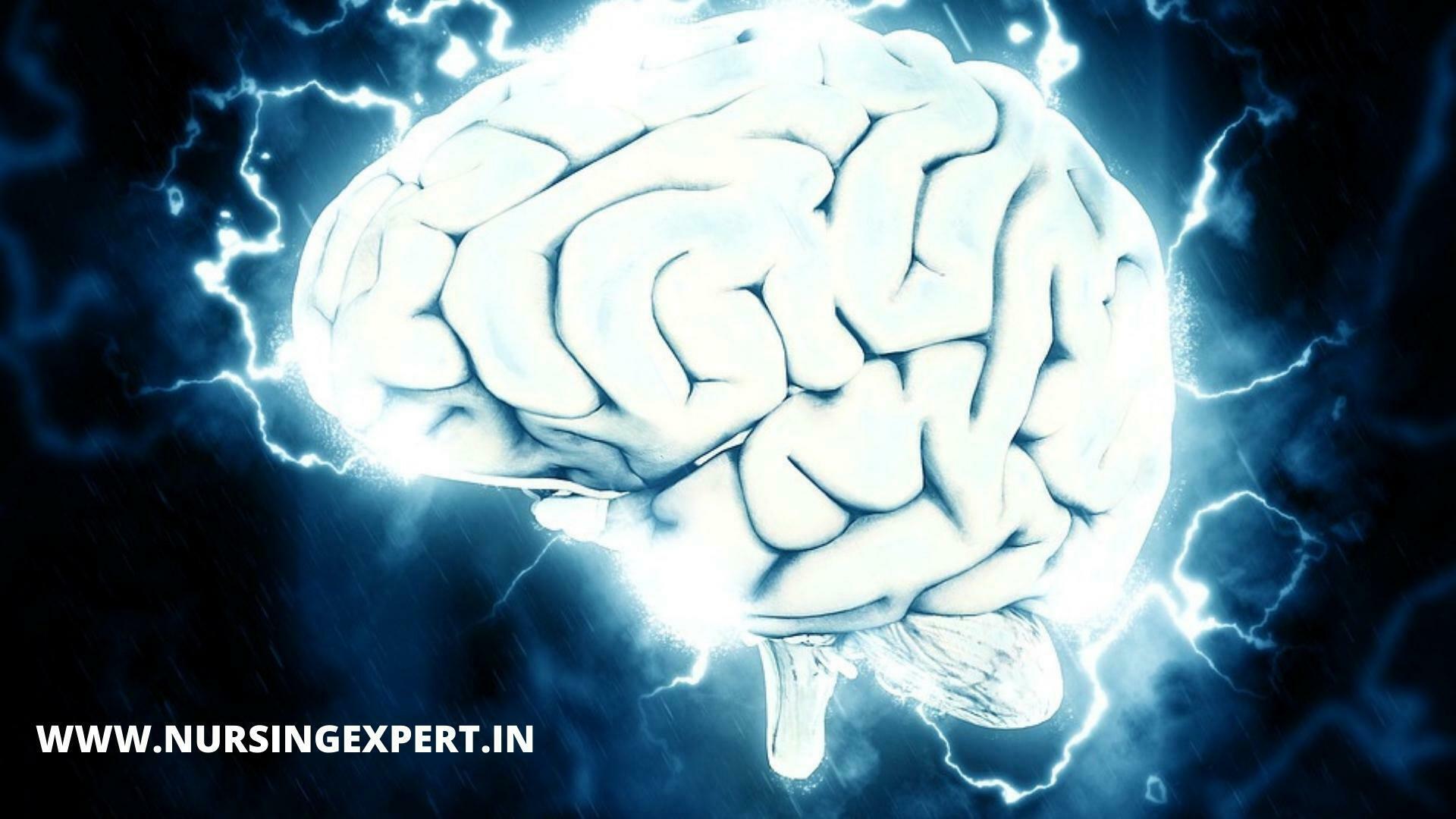Post Traumatic Stress Disorder (PTSD) is a condition that can happen after someone experiences a very scary or life-threatening event, like an accident, a natural disaster, or even witnessing violence. People with PTSD often feel like they’re still living through the traumatic experience, even though it happened a long time ago. They might have bad dreams, feel super anxious, or have trouble trusting others. NCP for Post Traumatic Stress Disorder is a plan made by nurses and doctors to help these people feel better, get control of their emotions, and begin to heal.
Thank you for reading this post, don't forget to subscribe!
When someone is diagnosed with PTSD, they usually have a lot of feelings that can be very overwhelming. This is where an NCP, or Nursing Care Plan, becomes very important. It is a detailed plan made by healthcare professionals to help the person feel better. The main goal of the NCP for PTSD is to address the emotional, mental, and even physical challenges the person faces because of the trauma they experienced. The plan involves things like therapy, medications, and regular check-ups to make sure the person is improving.
In this article, we’ll break down NCP for Post Traumatic Stress Disorder into simple sections so you can understand how it works, why it’s important, and how it helps those who are struggling with PTSD.


Patient Information Example
Note: The following patient information is for example purposes only. It is not based on real-life individuals.
- Patient’s Name: Rajesh Kumar
- Age: 32 years
- Gender: Male
- Medical History: Rajesh was involved in a major car accident three months ago. After the accident, he began feeling very anxious, having nightmares, and avoiding situations that remind him of the crash.
- Type of Trauma: Post-Traumatic Stress Disorder (PTSD) due to a car accident.
- Symptoms: Rajesh feels nervous and scared a lot, has trouble sleeping, and often remembers the crash even though he doesn’t want to. He also gets angry easily and avoids talking about the accident.
- Medical Diagnosis: Post-Traumatic Stress Disorder (PTSD)
- Admission Date: 15th October 2024
- Care Plan Initiation Date: 17th October 2024
NCP for PTSD: The Nursing Care Plan
A Nursing Care Plan (NCP) for someone with PTSD helps nurses and doctors know exactly what kind of care the patient needs. The plan will focus on helping the person feel safe, reduce their anxiety, and manage their symptoms. Below is an example of a nursing care plan for Rajesh Kumar, who is dealing with PTSD after his car accident.
Nursing Assessment
Nurses will assess the patient’s condition by observing their behavior and asking questions about how they feel. There are two main types of data:
- Subjective Data: This is what the patient tells the nurse. For example, Rajesh might say, “I can’t stop thinking about the crash,” or “I get scared when I see a car coming towards me.”
- Objective Data: This is what the nurse can observe. For example, if Rajesh looks anxious, is sweating, or seems jumpy when someone talks to him about the accident.
| Nursing Assessment | Details |
|---|---|
| Subjective Data | Rajesh reports feeling scared, anxious, and having nightmares about the crash. |
| Objective Data | Rajesh appears restless, has trouble concentrating, and avoids talking about the accident. |
| Vital Signs | BP: 120/80 mmHg, Pulse: 80 bpm, Respiration Rate: 18/min. All are normal. |
| Hydration Status | No signs of dehydration; Rajesh is drinking enough water. |
| Pain Assessment | No physical pain, but emotional pain and distress are significant. |
| Laboratory Values | Normal blood test results, but psychological evaluation confirms PTSD. |
Nursing Diagnosis
Nurses will make a diagnosis based on the symptoms Rajesh is experiencing. The diagnosis helps to plan out the right care and support.
- Anxiety related to trauma, shown by constant worry and fear.
- Disturbed Sleep Pattern related to frequent nightmares and night awakenings.
- Risk for Self-Harm related to emotional distress and difficulty managing feelings.
Nursing Interventions and Rationales
Interventions are the steps nurses will take to help Rajesh feel better. Here’s what the nurses will do:
- Create a Safe Environment: Nurses will make sure Rajesh feels safe, calm, and supported. This can reduce feelings of anxiety.
- Rationale: Feeling safe is very important when someone is dealing with PTSD.
- Encourage Talking About Feelings: Nurses will encourage Rajesh to express his feelings, either through talking or writing.
- Rationale: Talking helps people process what happened, which can reduce the pain of the trauma.
- Teach Relaxation Techniques: Nurses will teach Rajesh ways to calm down, like deep breathing or listening to music.
- Rationale: Relaxation exercises can help calm the body and mind when feeling anxious.
- Refer to Therapy: Rajesh will be encouraged to attend therapy or counseling to talk to a professional about his trauma.
- Rationale: Therapy helps people learn how to cope with their feelings and heal from the trauma.

Nursing Goals
The goals of the NCP are what the nurses hope will happen by the end of the care plan.
- Reduce Anxiety: Rajesh will feel less anxious about the trauma and start to feel more in control of his emotions.
- Improve Sleep: Rajesh will experience better sleep with fewer nightmares.
- Increase Therapy Participation: Rajesh will attend therapy at least once a week to help him process his feelings.
Evaluation and Expected Outcomes
After following the care plan for a while, the nurse will check how Rajesh is doing and see if the goals were met.
- Reduction in Anxiety: Rajesh should show fewer signs of anxiety, like less sweating and nervousness.
- Improved Sleep: Rajesh should have fewer nightmares and be able to sleep better.
- Engagement in Therapy: Rajesh will attend therapy regularly and start sharing his feelings with the therapist.
Common FAQs about NCP for Post Traumatic Stress Disorder
1. What is PTSD and how is it treated?
Post-Traumatic Stress Disorder (PTSD) happens when someone goes through something very scary or traumatic, like a car accident, and it affects how they feel and think. Treatment for PTSD includes therapy, medication, and a nursing care plan to help the person cope with their feelings and reduce anxiety.
2. How does a Nursing Care Plan (NCP) help someone with PTSD?
A Nursing Care Plan (NCP) helps by organizing the care that the patient needs. It includes making sure the person feels safe, teaching them relaxation techniques, and encouraging therapy. The goal is to reduce the emotional pain caused by trauma.
3. Can PTSD go away completely?
PTSD might not go away completely, but with the right treatment, like therapy and support, people can learn to manage it. Over time, they can feel better and live their lives without being controlled by their trauma.
4. What are the common signs of PTSD?
Common signs of PTSD include nightmares, flashbacks, anxiety, emotional numbness, and avoiding situations that remind the person of the trauma. It can also lead to trouble sleeping and concentrating.
5. Why is therapy important for PTSD?
Therapy helps the person talk about their trauma and learn healthy ways to cope with their feelings. It’s one of the most important parts of treating PTSD, as it helps the person understand their emotions and reduce their symptoms.
Recommended Resources
For more information about NCP for Post Traumatic Stress Disorder and PTSD, you can visit the following websites:


